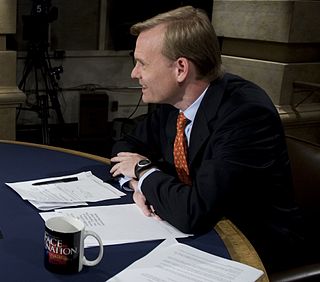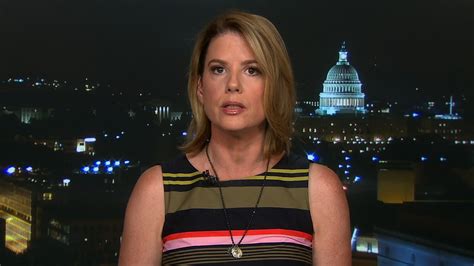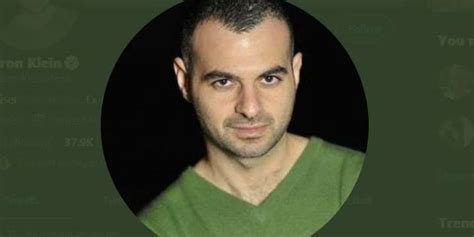A Quote by Jesse Ventura
After Barack Obama won the 2008 presidential election, I was heartened to see him issue an Open Government Initiative on his first full day in office.
Related Quotes
In any case, open-seat presidential elections like 2008 just are different in character from incumbent reelects, and I think that's the most important thing about this election - is that once there's an incumbent running for reelection, most of the debate is about, "Has he [Barack Obama] done a good job?" Most of the judgment is, "Do you want to keep him or do you want to replace him?" Now, the opponent has to also be acceptable and has to make his own case.
I think we were naive during the first two years of the [Barack] Obama Administration because the Republicans didn't fight us on this point during the 2008 Presidential Election. Obama and McCain both ran on a clean energy platform. But now, uncontested lies have eroded hard-won public understanding. So, we have to go back and make the case again.
Consider this: The United States held its first presidential election in 1789. It marked the first peaceful transfer of executive power between parties in the fourth presidential election in 1801, and it took another 200 years' worth of presidential elections before the courts had to settle an election.
This is a president [Barack Obama] who came into office in 2008 with a big majority in the House and with a filibuster-proof majority in the Senate. Because of his policies and his conduct in office, seven years later, we have our largest majority in the House since 1928, and we have a majority in the Senate and we have 31 of the 60 governorships.
Was Sen. Barack Obama a Muslim? Did he ever practice Islam? The presidential candidate officially rejects the claims, but the issue of Obama's personal faith has re-emerged amid conflicting accounts of his enrollment as a Muslim during elementary school in Indonesia, the world's most populous Muslim nation.


































